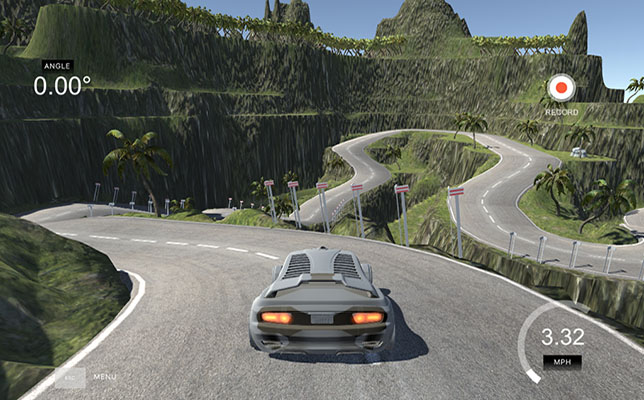Udacity Releases Self-Driving Car Simulator Source Code

Image Credit: GitHub.
Udacity this week released the source code to its self-driving car simulator. The simulator was originally built to teach its Self-Driving Car Engineer Nanodegree students how to use deep learning to clone driving behavior.
In the simulator, users can steer a car around a track to collect “image data and steering angles to train a neural network,” according to the project overview. They will train, validate and test their model to drive the car autonomously around the track using Keras, a high-level neural networks library that is written in Python and capable of running on top of Google’s TensorFlow or Theano, two open source deep learning frameworks. The Unity game developer platform is needed to load all the assets for the project.
When Udacity launched its Self-Driving Car Engineer Nanodegree last September, CEO Sebastian Thrun said the end-goal was to open source the software for anybody to use. Since most self-driving software is developed in a virtual environments, the repository serves as a resource for individuals and organizations to develop their own scenes in Unity or test out their own software — including higher ed institutions that have been ramping up their own research efforts.